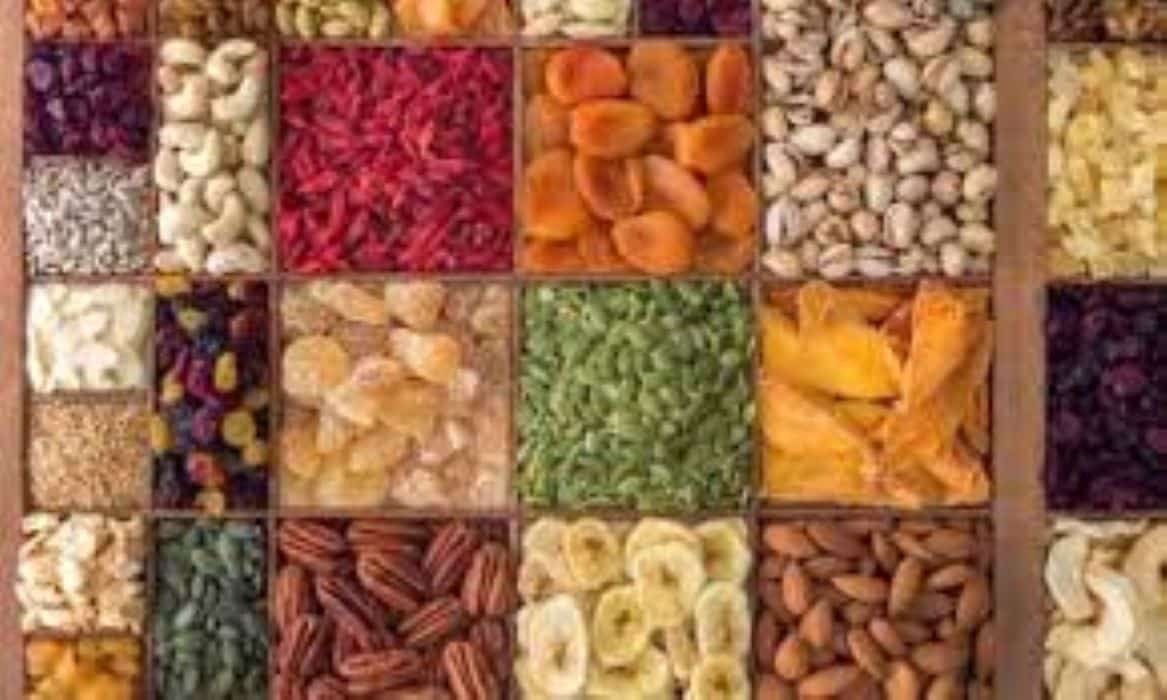Dry fruits are a delicious and nutritious addition to any diet. Packed with essential nutrients, they offer a convenient and flavorful way to boost our overall well-being. However, it’s also important to be mindful of their calorie content to maintain a balanced diet. In this blog post, we will delve into the world of dry fruits and provide you with a comprehensive calories chart to make informed choices when incorporating them into your daily routine.
Understanding the Nutritional Value of Dry Fruits:
Dry fruits are essentially fruits from which the water content has been removed, intensifying their flavor and nutritional density. They are rich in vitamins, minerals, dietary fiber, antioxidants, and healthy fats. The calories in dry fruits come mainly from carbohydrates, natural sugars, and fats. While they are a healthy option, it’s important to consume them in moderation and consider their calorie content as part of your daily intake.
Dry Fruits Calories Chart:
Here is a chart listing the approximate calorie content in different types of dry fruits per 100 grams:
Almonds – 579 calories
Walnuts – 654 calories
Cashews – 553 calories
Pistachios – 562 calories
Raisins – 299 calories
Dates – 277 calories
Prunes – 240 calories
Figs – 249 calories
Apricots – 241 calories
Cranberries – 308 calories
Blueberries – 339 calories
Goji berries – 349 calories
Please note that these values are approximate and may vary slightly depending on the specific variety and moisture content of the dry fruits.
How to Incorporate Dry Fruits into Your Diet:
Dry fruits can be enjoyed in various ways:
Snacking: Grab a handful of your favorite dry fruits for an energy-boosting snack.
Breakfast: Add chopped almonds, walnuts, or dried berries to your morning oats or cereal.
Baking: Include dried fruits like raisins, dates, or apricots in your homemade muffins or energy bars.
Salads: Sprinkle chopped almonds, cranberries, or goji berries over your salads for a burst of flavor and nutrition.
Trail mix: Create your own trail mix by combining a variety of dry fruits with nuts and seeds.
Remember, while dry fruits are nutritious, they should be consumed in moderation, taking into account their calorie content. It’s always best to consult a healthcare professional or a registered dietitian for personalized advice based on your individual dietary needs.
Balancing Nutrition and Calories with Dry Fruits
Dry fruits are indeed nutritional powerhouses, packed with vitamins, minerals, and healthy fats. By referring to the calorie chart provided in this blog post, you can make informed decisions about portion sizes and incorporate dry fruits into your diet wisely.
Enjoy the delicious taste and health benefits of dry fruits while maintaining a balanced intake to achieve optimal well-being. Nourish your body, mind, and taste buds with the goodness of dry fruits for a wholesome and satisfying dietary experience.
While dried fruit is a delicious snack, there are some types of dried fruit that are better for you than others. Dried f...
Continue reading



